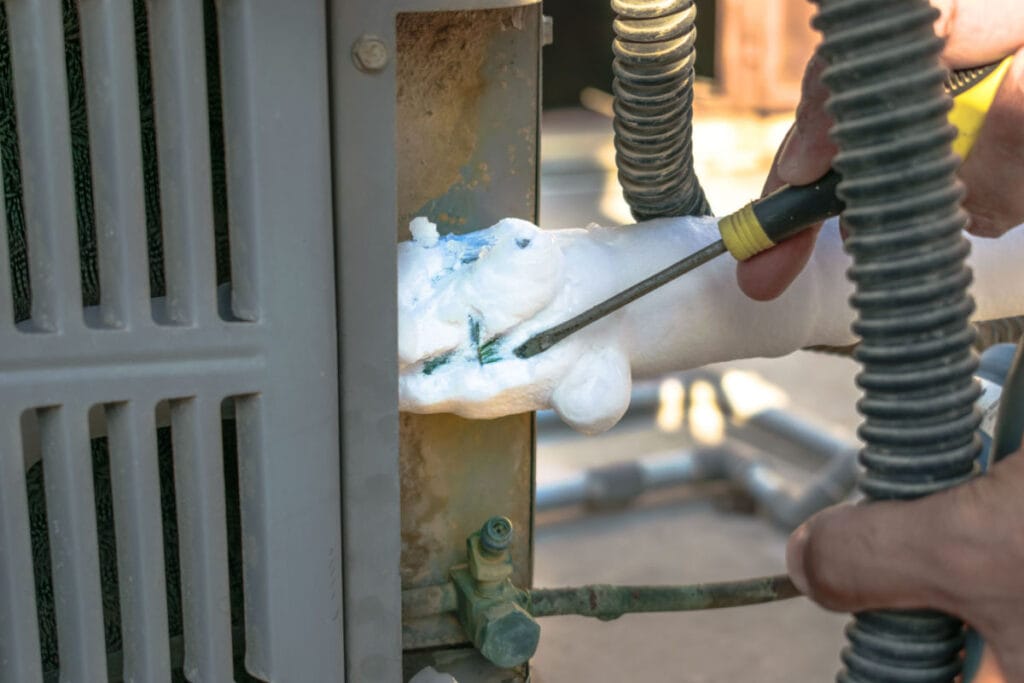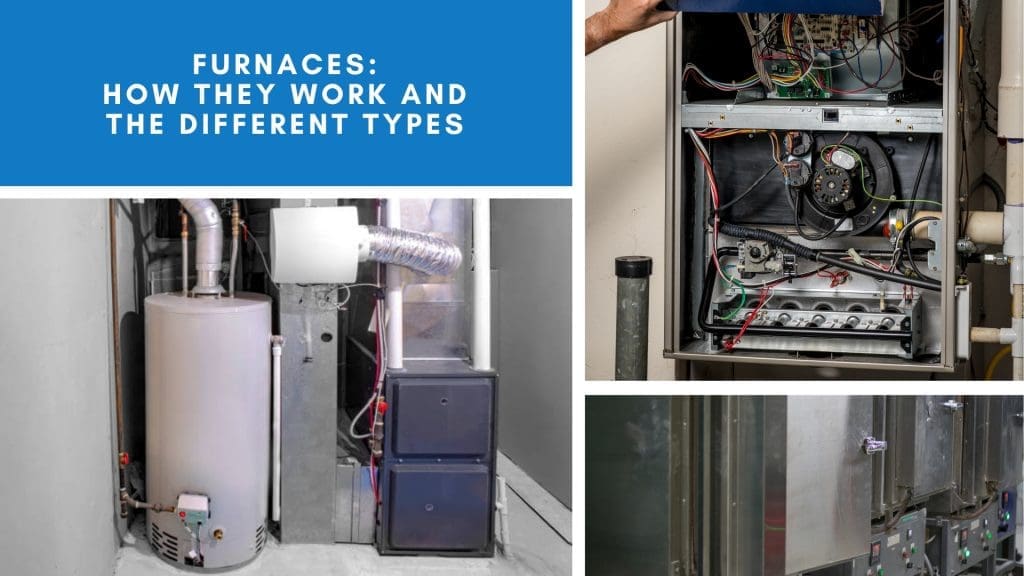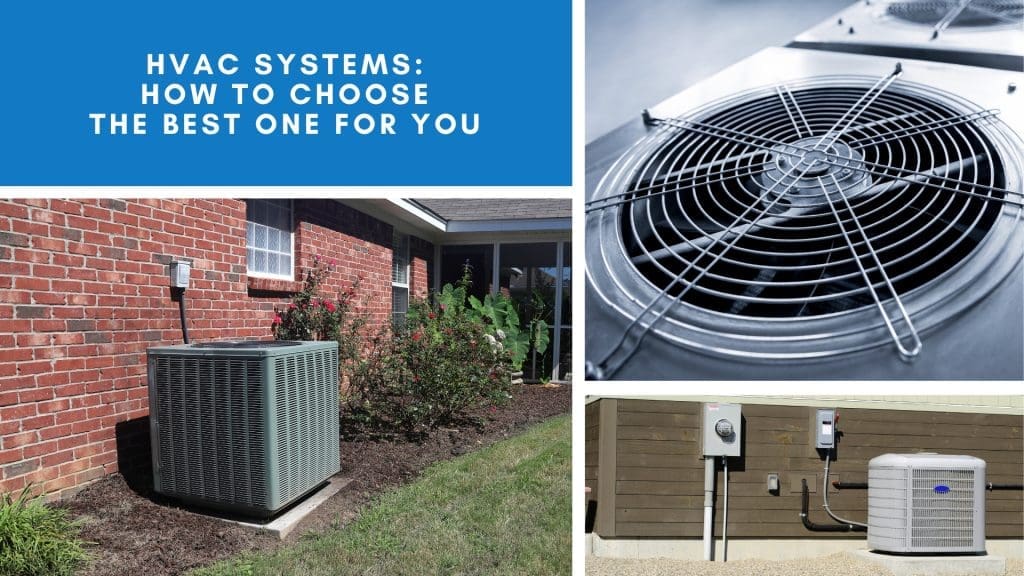In the sweltering heat of Los Angeles, the last thing you need is a malfunctioning air conditioning unit. A common issue that many homeowners face is when the AC Unit is Freezing, which can lead to uncomfortable indoor temperatures and potentially costly repairs. Understanding the signs that your AC Unit is Freezing can help you address the problem before it escalates. Not only does a frozen AC unit fail to cool your home effectively, but it can also cause long-term damage to the system, leading to even more significant expenses down the line.
Recognizing the early signs of a freezing AC unit is crucial in maintaining the comfort of your home. Many homeowners aren’t aware of the symptoms until their AC unit has already sustained damage. By familiarizing yourself with these indicators, you can take proactive steps to rectify the issue and ensure your home remains a haven from the summer heat. Let’s explore the common signs that your AC unit might be freezing.
One of the first signs of a frozen air conditioning unit is a noticeable lack of cool air. If your AC isn’t cooling your home effectively, it may be due to ice forming on the evaporator coils. Here are some specific indicators that your AC unit is freezing:
A frozen AC unit can disrupt your home’s comfort and efficiency, making it essential to identify and address the issue promptly. Ignoring the signs can lead to more severe problems, such as a complete system breakdown or extensive water damage from melting ice. Let’s delve deeper into the specific signs that indicate your AC unit might be freezing.
Reduced Airflow
One of the most common signs of a freezing AC unit is reduced airflow from the vents. If you notice that your air conditioner is blowing less air than usual, it could be due to ice buildup on the coils, restricting airflow. This reduction in airflow not only affects the cooling efficiency but can also place additional strain on the system, potentially leading to further damage.
Reduced airflow can also result in uneven cooling throughout your home, with some areas feeling cooler than others. This inconsistency is not only uncomfortable but can also be a sign that your AC unit is struggling. Checking and maintaining clean air filters can help prevent reduced airflow, but if the issue persists, it may be time to inspect the unit for ice or consult a professional.
Visible Ice Formation
Check your outside unit for visible ice. If you notice ice forming on the refrigerant line or the coils, it’s a clear indication that your unit is freezing up. This ice formation can extend to the outside of the unit, further exacerbating the problem. Visible ice can also indicate that your AC system is working overtime, which can lead to increased energy consumption and higher utility bills.
In some cases, the ice may not be immediately visible, especially if it’s forming inside the unit. Regularly inspecting your AC unit can help you catch these issues early. If you do spot ice, it’s crucial to turn off the system to prevent further damage and allow the ice to melt naturally before seeking professional assistance.
Unusual Noises
A frozen AC unit might produce strange noises, such as hissing or bubbling sounds. These noises can result from refrigerant escaping from the system or the fan motor struggling to operate against ice buildup. These sounds are often a clear indication that something is amiss within your AC unit and should not be ignored.
In addition to hissing or bubbling, you might also hear clanking or grinding noises if the ice has caused components to become misaligned. Any unusual noises warrant immediate attention, as they can be symptomatic of more severe underlying issues that could lead to system failure if not addressed.
Increased Energy Bills
If your energy bills have suddenly spiked without a corresponding increase in usage, it could be due to your AC unit working harder than necessary to cool your home. This extra effort is often a result of restricted airflow caused by ice accumulation. When your system is forced to work harder, it not only increases energy consumption but also accelerates wear and tear on the components, potentially shortening the lifespan of the unit.
Monitoring your energy bills can provide valuable insights into your AC unit’s performance. A consistent increase in energy costs is a red flag that something might be wrong. Addressing the issue promptly can help you avoid unnecessary expenses and ensure your AC unit operates efficiently.

What Causes an AC Unit to Freeze Up?
Understanding the root causes of a freezing AC unit can help you prevent the problem. Here are some common reasons why air conditioners freeze up:
Identifying the underlying causes of a freezing AC unit is essential in preventing future occurrences. Many of these causes are preventable with regular maintenance and attention to your AC system’s operation. By understanding what leads to freezing, you can implement strategies to keep your unit running smoothly throughout the year.
Insufficient Airflow
A common cause of AC freezing is insufficient airflow over the evaporator coils. This can occur due to dirty air filters, blocked vents, or closed registers. Ensuring that your system has unrestricted airflow is crucial to its operation. When airflow is restricted, the evaporator coils can become too cold, leading to ice formation.
Regularly checking and replacing air filters is a simple yet effective way to maintain proper airflow. Additionally, ensure that furniture or other objects aren’t obstructing vents and registers. This simple maintenance step can significantly reduce the risk of your AC unit freezing and improve overall system performance.
Low Refrigerant Levels
Low refrigerant levels can cause the pressure in the system to drop, leading to the formation of ice on the evaporator coils. This issue often stems from a refrigerant leak, which requires immediate professional attention. A leak not only affects cooling efficiency but can also damage other components of the AC system.
A refrigerant leak is a serious issue that should be addressed by a professional HVAC technician. Attempting to fix it yourself could lead to further damage or safety hazards. Regular maintenance checks can help detect refrigerant levels and identify potential leaks before they cause significant issues.
Thermostat Issues
A malfunctioning thermostat might not accurately read the indoor temperature, causing the AC unit to run longer than necessary. This prolonged operation can lead to freezing, especially if the system is not cycling off as intended. An improperly calibrated thermostat can also cause the system to short cycle, further exacerbating the freezing issue.
Regularly checking your thermostat settings and ensuring it’s functioning correctly can prevent unnecessary strain on your AC unit. If you suspect your thermostat is faulty, consider upgrading to a programmable or smart thermostat for more precise temperature control and energy efficiency.
Faulty Fan
If the blower fan isn’t working correctly, it won’t be able to circulate air over the evaporator coils. This lack of movement can lead to the coils becoming too cold and freezing up. A faulty fan can also cause uneven cooling and increased wear on the system as it struggles to maintain the desired temperature.
Regular maintenance and inspection of the blower fan can help identify issues before they lead to freezing. If you notice unusual noises or reduced airflow, it’s essential to have a professional examine the fan to ensure it’s functioning correctly.
Quick Fixes for a Freezing AC Unit
While some issues require professional intervention, there are a few steps you can take to address a freezing AC unit:
Taking immediate action when you notice your AC unit freezing can prevent further damage and restore its efficiency. While these quick fixes are helpful, they are not a substitute for professional maintenance and should be followed up with a thorough inspection by an HVAC technician.
Change or Clean the Air Filter
If your air filter is clogged with dust and debris, it can restrict airflow and lead to freezing. Ensure that you replace or clean your air filter regularly to maintain optimal airflow. A clean air filter not only prevents freezing but also improves indoor air quality and enhances system performance.
Consider setting a reminder to check your air filter monthly, especially during peak cooling seasons. This simple step can significantly reduce the risk of freezing and help your AC unit run more efficiently.
Inspect for Blockages
Ensure that all vents and registers in your home are open and unobstructed. Check for furniture, curtains, or other items that might be blocking airflow and adjust them as necessary. Proper airflow is essential for preventing your AC unit from freezing and ensuring even cooling throughout your home.
Regularly inspecting your home’s ventilation system can help identify potential blockages before they lead to freezing. Keeping vents and registers clear is an easy yet effective way to maintain optimal system performance.
Adjust the Thermostat
Set your thermostat to a reasonable temperature and avoid setting it too low. This adjustment can prevent the unit from overworking and reduce the risk of freezing. Maintaining a consistent temperature not only prevents freezing but also improves energy efficiency and comfort.
Consider upgrading to a programmable thermostat to maintain a consistent temperature throughout the day. This upgrade can help prevent freezing and reduce energy consumption by ensuring your AC unit runs only when necessary.

When to Call a Professional
While some freezing issues can be resolved with simple adjustments, others require the expertise of a professional. It’s crucial to contact an HVAC technician if:
- You suspect a refrigerant leak.
- Ice formation persists despite taking preventive measures.
- The unit is making unusual noises or not operating efficiently.
Professional HVAC technicians have the tools and expertise to diagnose and fix more complex issues that could be causing your AC unit to freeze. Attempting to handle these problems on your own can lead to further damage or safety hazards. By contacting a professional, you can ensure your system is repaired correctly and efficiently.
At LC Heating and Air Conditioning, we pride ourselves on providing reliable and quality service to our community in Hollywood and the Los Angeles metropolitan area. If you find yourself facing a persistent freezing issue, don’t hesitate to reach out to us for expert assistance. Our team is equipped to handle a wide range of AC issues and can provide the necessary repairs to keep your home comfortable.
Conclusion: What to Do When Your AC Unit is Freezing
Understanding the signs and causes of a freezing AC unit can save you from discomfort and costly repairs. By maintaining your system regularly and addressing issues promptly, you can enjoy a cool and comfortable home all year round. Regular maintenance not only prevents freezing but also extends the lifespan of your AC unit, ensuring it operates efficiently for years to come.
Remember, when in doubt, it’s always best to consult with a professional to ensure your system is running efficiently and safely. Professional inspections can help identify potential issues before they lead to significant problems, providing peace of mind and comfort. For more information or to schedule a service appointment, visit our website at lahvaclc.com or call us at (818) 858-7080. Our team is here to help you keep your cool, no matter the weather outside.




